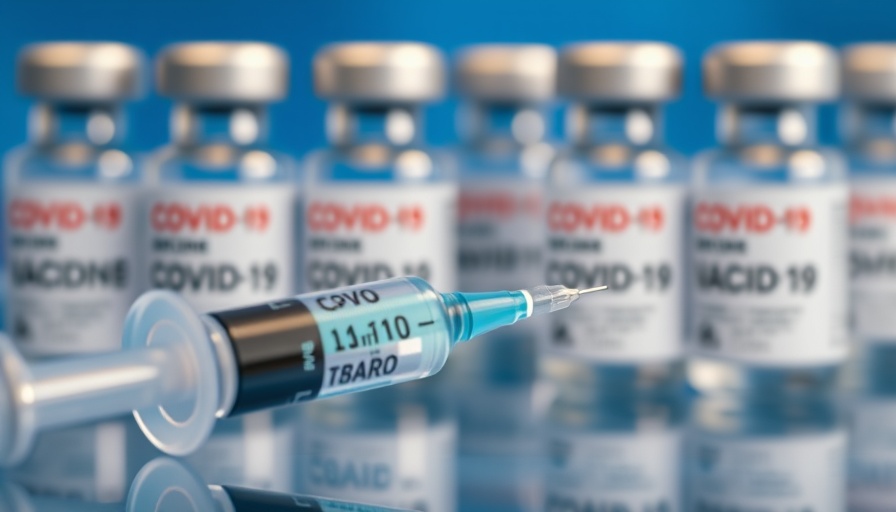
How COVID-19 Accelerates Blood Vessel Aging: A Deeper Look
Recent studies have revealed a compelling link between COVID-19 infection and accelerated blood vessel aging, especially among women. According to the findings published in the European Heart Journal, COVID-19 may enhance the risk of cardiovascular issues by aging blood vessels by approximately five years.
The Numbers Behind The Findings
The large-scale study involved over 2,390 participants across 16 countries, from Austria to the United States. It classified participants by the severity of their COVID-19 infection and measured arterial stiffness through carotid-femoral pulse wave velocity (PWV). Interestingly, the results showed that individuals who had experienced COVID-19 demonstrated higher PWV values than those who had never contracted the virus.
The Gender Disparity
When examining the data closely, pronounced differences emerged based on sex. Women, particularly those with Long Covid, exhibited significantly elevated PWV, with a startling increase of +1.09 m/s noted in those requiring intensive care. This contrasts sharply with men, who showed little change, prompting researchers to explore the reasons behind women’s heightened risk. Prof. Rosa Maria Bruno from Université Paris Cité suggests that while women typically possess a stronger immune response, this same reaction may be contributing to greater vascular damage.
The Science Behind Vascular Aging
The COVID-19 virus interacts with the angiotensin-converting enzyme 2 (ACE2) receptors located in blood vessel linings. This interaction not only facilitates infection but may also precipitate vascular dysfunction, ultimately leading to what researchers refer to as "early vascular aging." It's crucial to identify individuals at risk early to mitigate the threat of heart disease and stroke.
Implications for Healthcare and Wellness Strategies
This research underscores the importance of continuous monitoring and targeted wellness interventions, especially for women who have recovered from COVID-19. Timely cardiovascular assessments and lifestyle modifications can play pivotal roles in maintaining vascular health moving forward. Those previously infected with the virus should remain vigilant and consult healthcare professionals regarding their unique cardiovascular risks.
Your Health Matters
The findings of this study extend beyond academic interest; they resonate deeply within communities affected by the pandemic. Understanding the long-term cardiovascular implications of COVID-19 can empower individuals to take charge of their health, especially women who might be facing increased risks.
 Add Row
Add Row  Add
Add 




Write A Comment